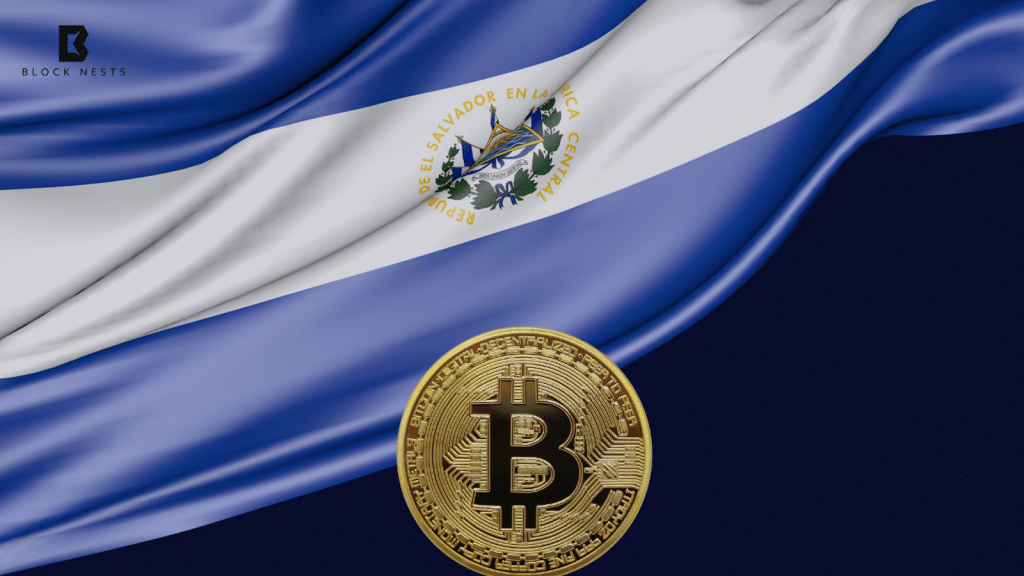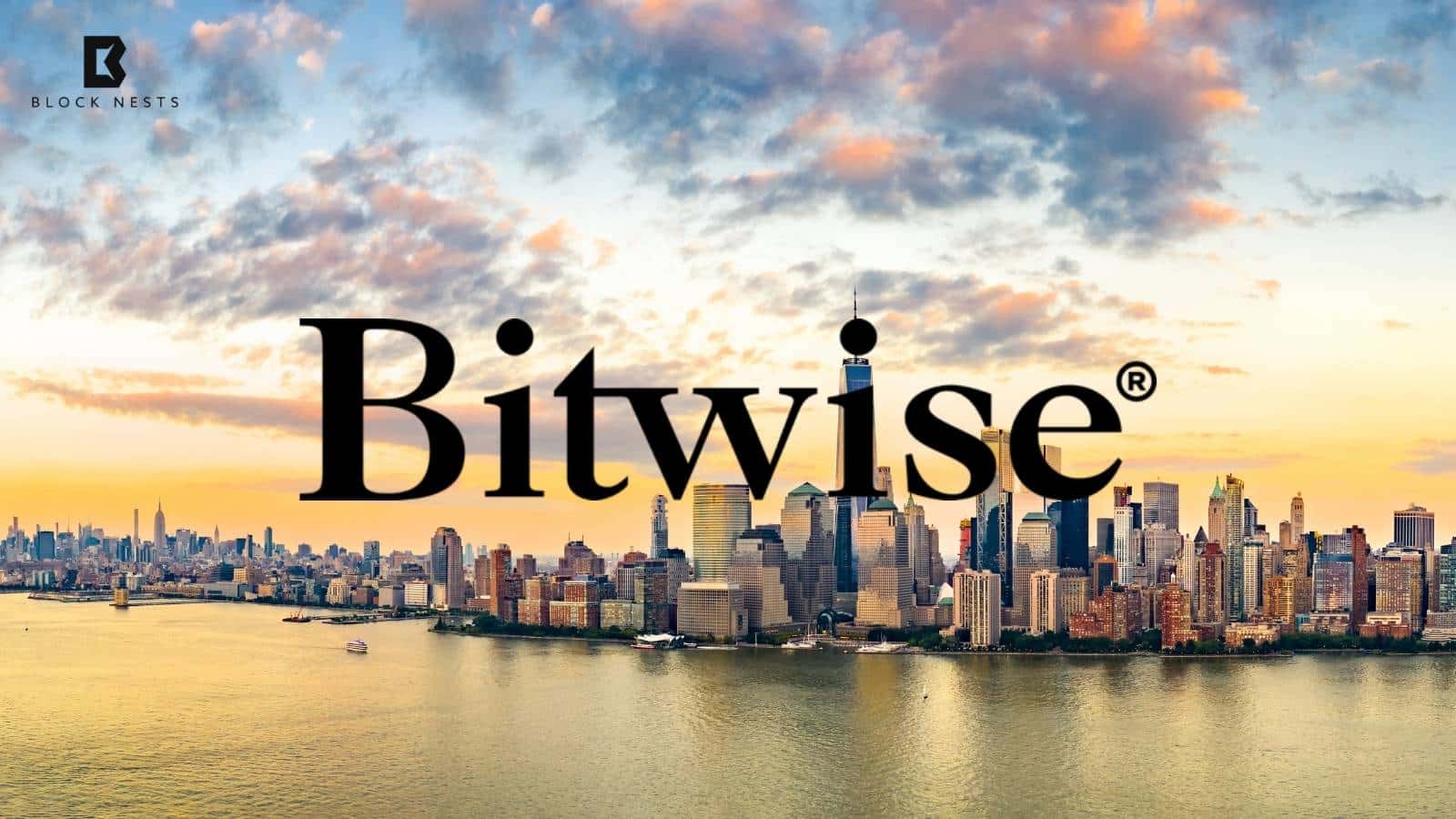- El Salvador opens banking sector to Bitcoin for institutional investors.
- New law enables licensed banks to provide regulated crypto asset services.
- Shift from retail Bitcoin adoption to large-scale institutional participation.
El Salvador’s Legislative Assembly has passed a new law allowing major financial institutions to expand into Bitcoin and other digital asset services for qualified investors.
According to official statements, the measure applies to institutions holding at least $50 million in capital, enabling them to operate as investment banks under a distinct regulatory framework.
Such investment banks will be able to apply for licenses to provide crypto-linked products to customers who possess more than $250,000 in liquid assets, including Bitcoin.
The new rules allow authorities to overlay the current licenses of bitcoin service providers, digital asset service providers, and issuers onto existing banking licenses.
This transformation will allow well-capitalized institutions to store Bitcoin, issue tokens, and develop crypto-structured transactions in the current oversight framework. Representative Dania Gonzalez said the reform expanded the country’s institutional financial framework to operate alongside the conventional banking system under regulation and monitoring.
Also Read: XRP Overtakes Solana as Futures Trading Volume Soars Amid ETF Speculation
Shift Toward Institutional Participation in Crypto
The Ministry of Economy’s states the government’s desire to empower the position of the regulated entities within the crypto sphere. It also indicates a clear shift from general retail-oriented Bitcoin projects toward more institutional investment plans.
In 2021, businesses were required to accept Bitcoin, but some of the conditions were reduced earlier this year to obtain a $1.4 billion loan from the IMF.
Surveys and research indicate that the rate of adoption among citizens has been low, with only one percent of remittances using cryptocurrency and low use in everyday life.
According to the IMF reports, government Bitcoin purchases have not been on the rise since the loan deal was struck. Transfers among wallets seem to represent the pooling of used Bitcoin into a common pool rather than new market acquisition.
The law puts El Salvador’s banking industry in a better position to cater to high-net-worth individuals and institutions in the crypto world. It also represents a strategic shift to organized, mass participation and a reduction of previous retail adoption requirements.
Also Read: Harvard’s $117M Bitcoin Bet Overtakes Alphabet in Shocking Portfolio Shift
How would you rate your experience?






